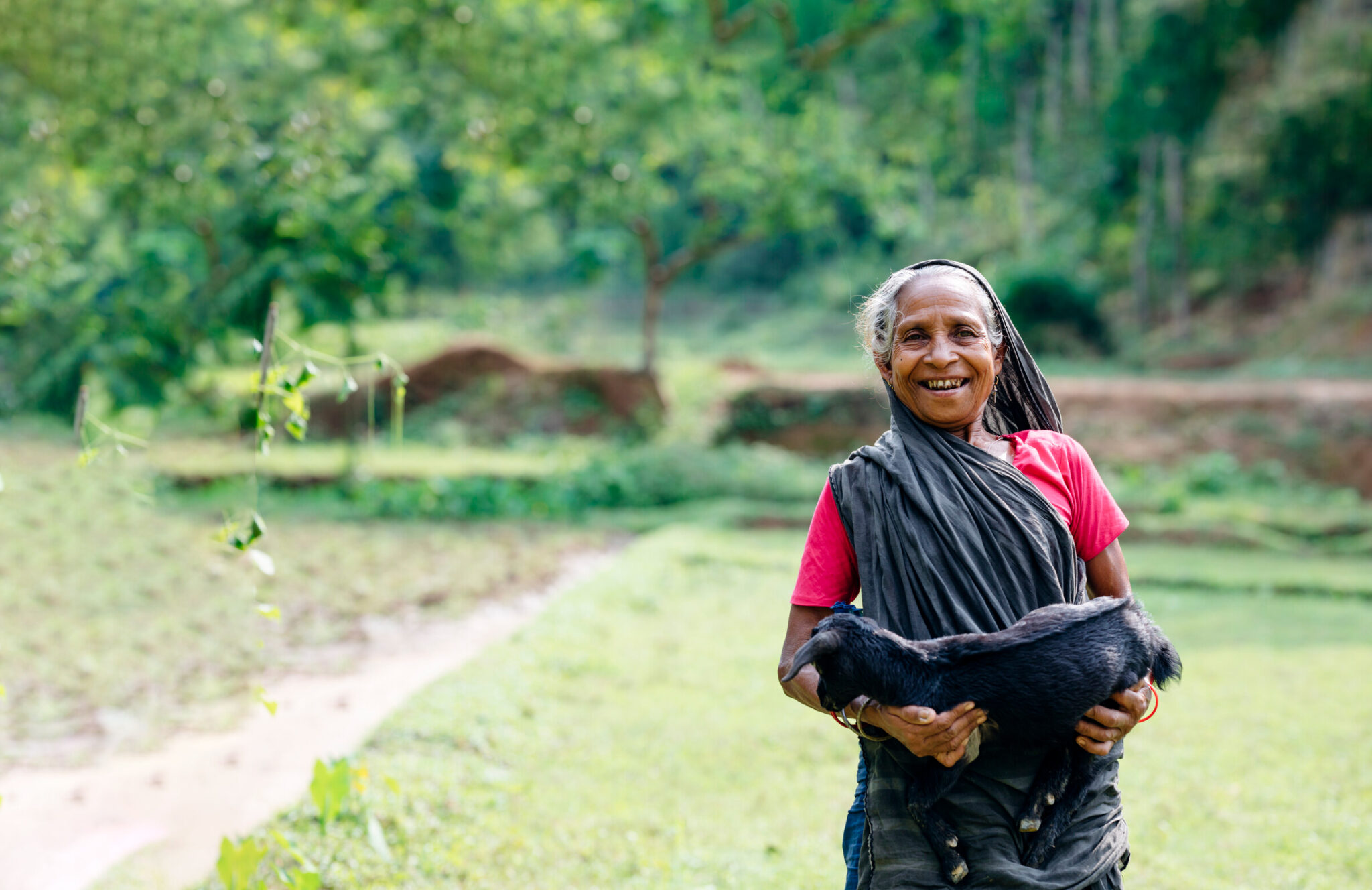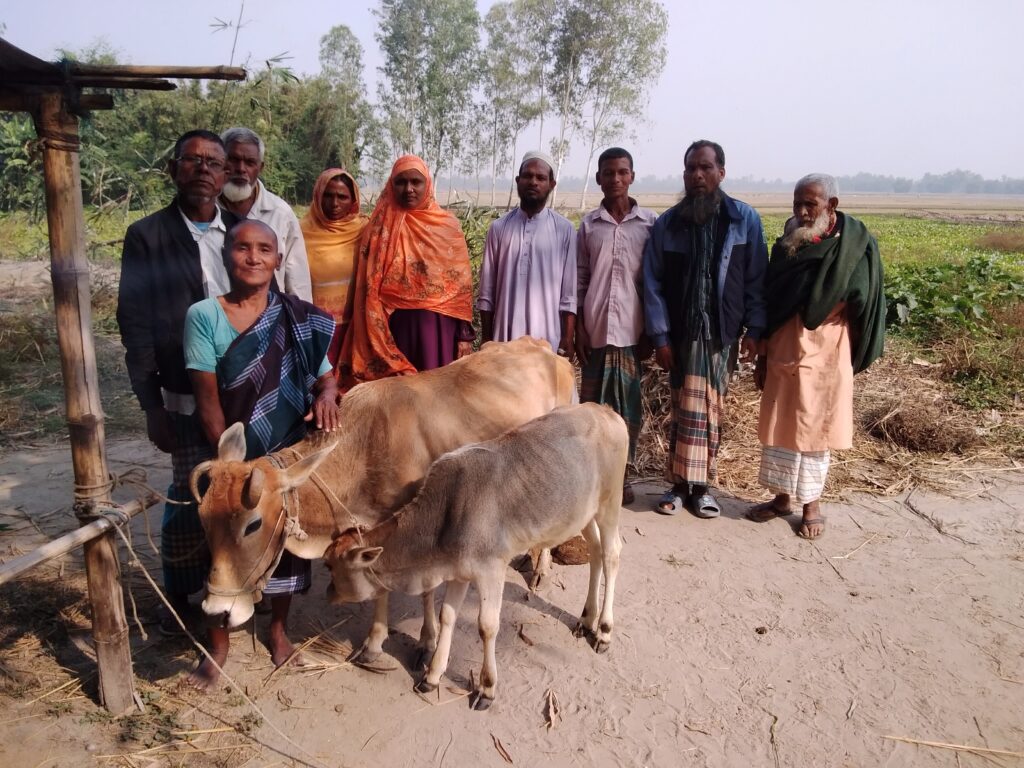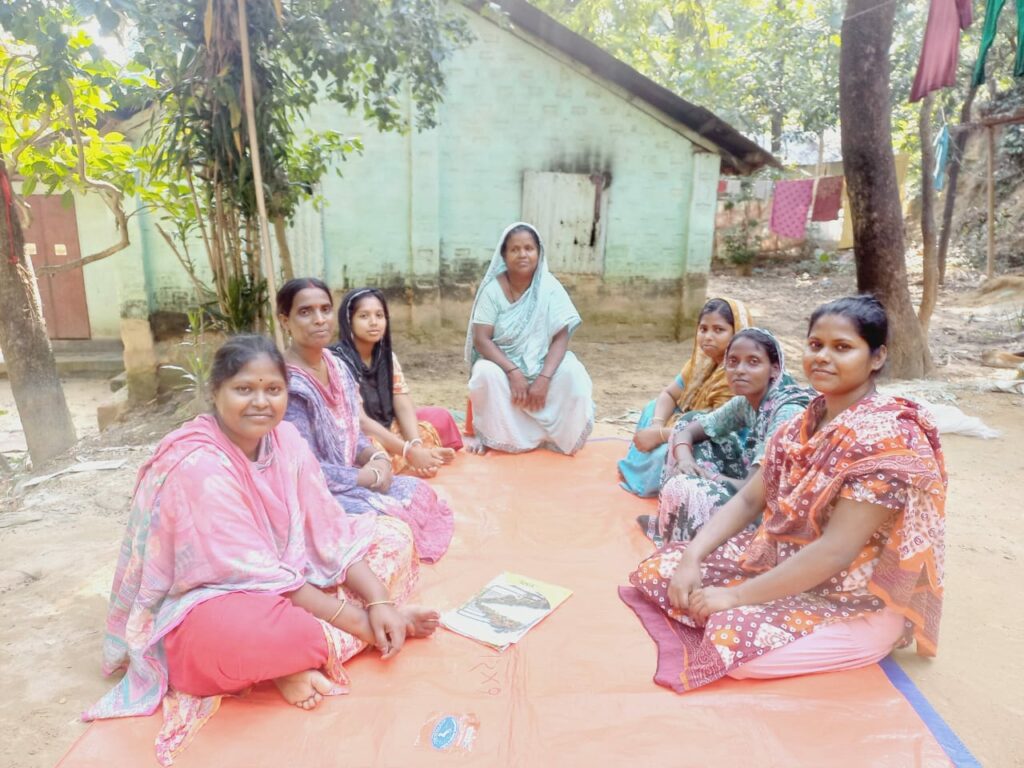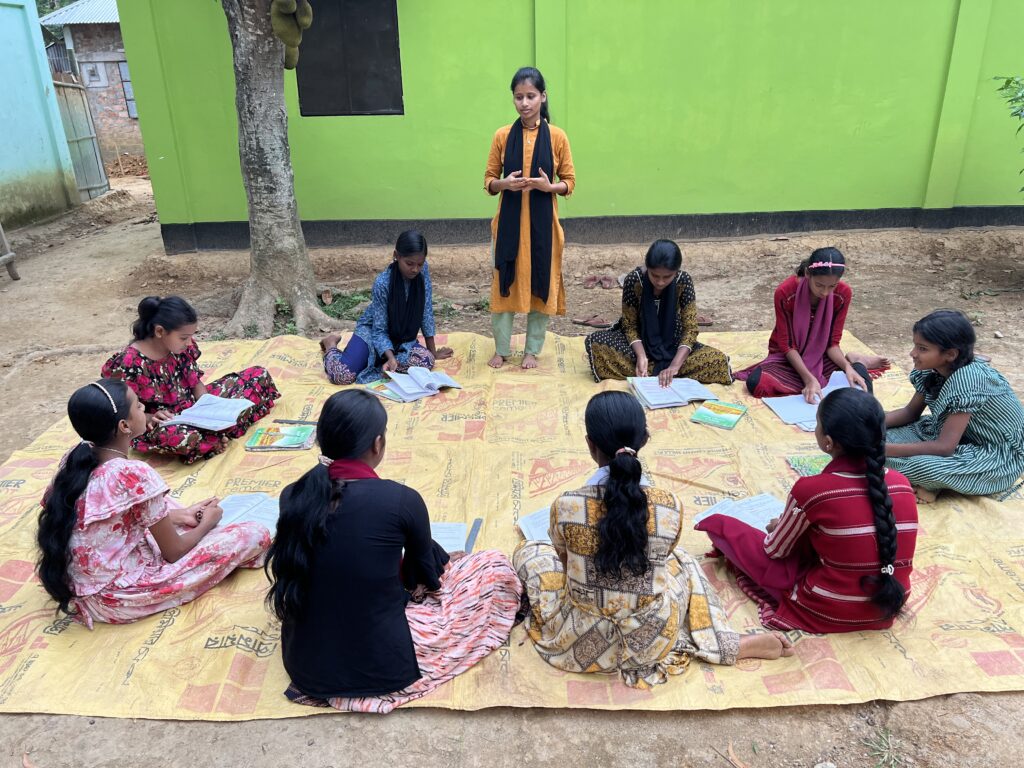INCLUSIVE DEVELOPMENT
Inclusive Development endeavours to improve the quality of life of the people affected by leprosy.

Inclusive Development endeavours to improve the quality of life of the people affected by leprosy.



Learning 360° is a comprehensive community development initiative that empowers people affected by leprosy, physical disabilities, and social exclusion across six districts in Bangladesh. Operating through a network of 111 Self-Help Groups and 16 Area Management Committees, the project reaches over 1,500 members and their families.
Our approach combines financial empowerment, educational support, and community advocacy to create lasting change. We provide vocational training, business development assistance, and educational sponsorships while building strong community networks through leadership training and advocacy programs.
Working across Dhaka, Gazipur, Munshiganj, Narayonganj, Cumilla, and Brahmonbaria, our dedicated team helps members access healthcare services, government safety nets, and economic opportunities. Through partnerships with local businesses, financial institutions, and civil society organizations, we’re building more inclusive communities and improving quality of life for our members, with special attention to women’s empowerment.
The Disadvantaged People’s Association (DAPA) is a registered organization representing Self Help Groups (SHGs) and the Federations. Dapa has made significant progress in improving their lives through savings and loan scheme. In the recent years, SHGs members have experienced increased income, better living conditions, improved healthcare, enhanced child education opportunities. Currently, DAPA supports 275 SHGS include 3537 members in the greater Chattogram district of Bangladesh.
The MEPD L360 Project is a transformative initiative in North-Western Bangladesh that empowers people affected by leprosy, NTDs, and disabilities. Operating in Gaibanda and Joypurhat districts, this partnership between The Leprosy Mission Denmark and The Leprosy Mission International Bangladesh reaches over 3,300 individuals through 192 Self Help Groups and multiple levels of community organizations.
The project focuses on improving health services access and socio-economic conditions while building strong community support networks. Through comprehensive empowerment strategies, we’re helping marginalized individuals move from discrimination to becoming respected, self-sustaining members of their communities, capable of accessing their rights and creating positive change.
The Community Based Rehabilitation and Mainstreaming (CBRM) project is transforming lives across four sub-districts of Dinajpur, Bangladesh. Through a network of 60 Self-Help Groups and local associations, we empower people with disabilities, including those affected by leprosy, to access their rights and improve their socio-economic status.
Our comprehensive approach combines economic empowerment, rights advocacy, and capacity building to create sustainable change. By focusing on community-led development and collective action, we’re building inclusive communities where people with disabilities can fully participate in social and economic life.
Working closely with local government and community leaders, CBRM is developing a replicable model for inclusive development that emphasizes ownership, participation, empowerment, independence, and sustainability. Through this work, we’re not just supporting individuals – we’re transforming communities and creating lasting positive change.
The North-West Bangladesh Ultra Poverty Initiative Project (NUPIP) has been a 16-year cornerstone initiative, dedicated to improving the lives of individuals with grade-2 leprosy disabilities, stage-5 and above filariasis disabilities and those living below the Ultra Poverty Line.
The Children Development through Empowering Self-Help Group (CESG) project has been actively working since 2022 to support disadvantaged children, especially girls from the SHG member families in the Dhaka city, Gazipur, Narayanganj, Cumilla, Munshiganj, Brahmonbaria district. The project goal is to prepare these children for higher education and better quality of life.
Empowering vulnerable women towards sustainable community reintegration in Bangladesh
The Hagar Project provides a safe shelter and empowerment center for women affected by leprosy and other challenges in the Rangpur Division of Bangladesh. Located in Nazirer Hat, Rangpur, our center offers support to women who have faced various forms of adversity, including those with children, creating pathways to successful community reintegration.